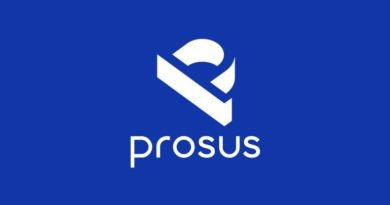ISPs Spent $8.2 Million Buying Fake Anti-Net Neutrality Comments
A new report by the New York Attorney General shows the largest US ISPs funded a campaign that resulted in millions of fake comments opposing net neutrality.
Net neutrality legislation is designed to prevent companies, especially ISPs, from favoring one service over another, or throttling a competing service. For example, net neutrality would prevent AT&T from throttling Netflix, or charging it more, just because it competes with AT&T’s HBO Max streaming service.
Net neutrality rules were passed during the Obama administration, and promptly rescinded during the Trump administration. A coalition of companies unsuccessfully fought to prevent their demise, although individual states were granted the right to implement their own rules. As part of the FCC’s decision to rescind net neutrality, it solicited comments from the public.
According to a new report, however, “the Office of the New York Attorney General (OAG) found that fake comments accounted for nearly 18 million of the more than 22 million comments the FCC received during its 2017 rulemaking.”
There also appears to be significant amount of collaboration among the various players in the broadband industry, all with the goal of swaying the decisions on net neutrality.
Internal emails and other documents that the OAG reviewed in its investigation show that, in April 2017, the country’s largest broadband companies banded together to fund a campaign to generate millions of comments for the FCC’s 2017 net neutrality rulemaking proceeding. The primary funders included an industry trade group and three companies that are among the biggest players in the United States internet, phone, and cable market, with more than 65 million American subscribers among them and a combined market value of approximately half a trillion dollars. The effort was intended to create the appearance of widespread grassroots opposition to existing net neutrality rules, which — as described in an internal campaign planning document — would help provide “cover” for the FCC’s proposed repeal. The broadband industry hid its role in the campaign by recruiting anti-regulation advocacy groups, unrelated to the industry, to serve as the campaign’s public face. Budget documents show that, in all, the broadband industry players that funded the campaign spent $4.2 million generating and submitting more than 8.5 million fake comments to the FCC.
The campaign was run through Broadband for America, a non-profit organization that includes AT&T, Charter Comcast, Cox and CenturyLink.
The AG did not find any evidence of fraud on the part of the ISPs, thanks to their using an outside group to run the campaign. Nonetheless, the AG’s report calls for change.
As this report makes clear, deception and fraud have infected public policymaking by agencies and legislatures, drowning out citizens’ voices with manufactured and fraudulent public comments, letters, and petitions (collectively referred to as “comments and messages” in this Recommendations section of the report). Reform is badly needed.



